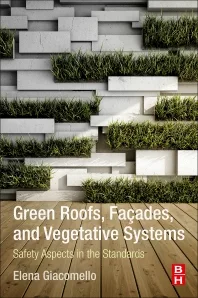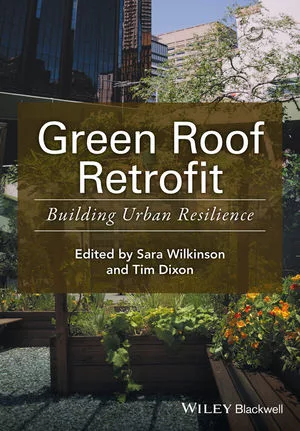Editor’s Note: Deciphering Green Codes
It has never been a bad idea for professional roofing contractors to stay close to their local building officials. This column has advocated this in the past but there are new reasons emerging to bring this up again. The recent approval and pending publication of the new International Green Construction Code (IgCC) from the International Code Council (ICC) may change the way you deliver and install your roofing systems — and sooner rather than later in some cases.
The idea that many owners and designers are desirous of constructing in a more “green” fashion is far from new. Owners have had many options in terms of product selections and construction methods touted as delivering more energy-efficient building systems. In addition to that, if they paid good attention to other green aspects of constructing their buildings, such as use of indigenous and/or recycled and recyclable materials, they would find good options in most cases.
The difference with the IgCC is that it is a code. Jurisdictions may choose to adopt all or parts of it and add it to existing codes. Once a jurisdiction adopts the green building code, options are off the table and now you must submit to the new way of building. Unlike following a voluntary green rating system, codes may be enforced.
So this winter when things slow down you may want to book a visit with your local building official to find out what they know about any new green building code that might be arriving in your backyard. For that matter, you may wish to spend some time with your municipal and state legislators. They will doubtless be involved in changes to codes and you may wish to learn where they stand and share your opinions with them at the same time. They need your advice, whether they know it or not.
I do not think building codes are bad. As this is being written I have just returned from a trip to Haiti, a country where the lack of building codes and good building practices has cost its citizens dearly following a series of natural disasters. I do not think that building for greater energy efficiency or in an earth-friendly manner are bad things, either. I am not, however, all that crazy about government interference with the free flow of commerce. The freedom to do as we like and our collective obligation to public safety and protection of the environment for future generations do not always match up perfectly, so building codes really are essential.
I would be remiss if I failed to point out that the building envelope is very much a part of the focus of most green building initiatives. Building a better, more sustainable roofing system is good for the roofing industry. We must, however, understand that the sky is not the limit and our clients need for us to continue working hard to deliver great roofing and waterproofing solutions at prices they can afford.
So that is why I suggest you meet with those in government who drive the public policies relating to building codes. They get a lot of information from groups who push their own single-minded agendas and would benefit greatly from your experience and expertise in the field of roofing. While you are at it, take some time to check out the new IgCC. It is set to publish in March 2012 but you can learn about it online today. Check out the online version of this column for some helpful links. Just look for the editor’s note at www.roofingcontractor.com.
Looking for a reprint of this article?
From high-res PDFs to custom plaques, order your copy today!





